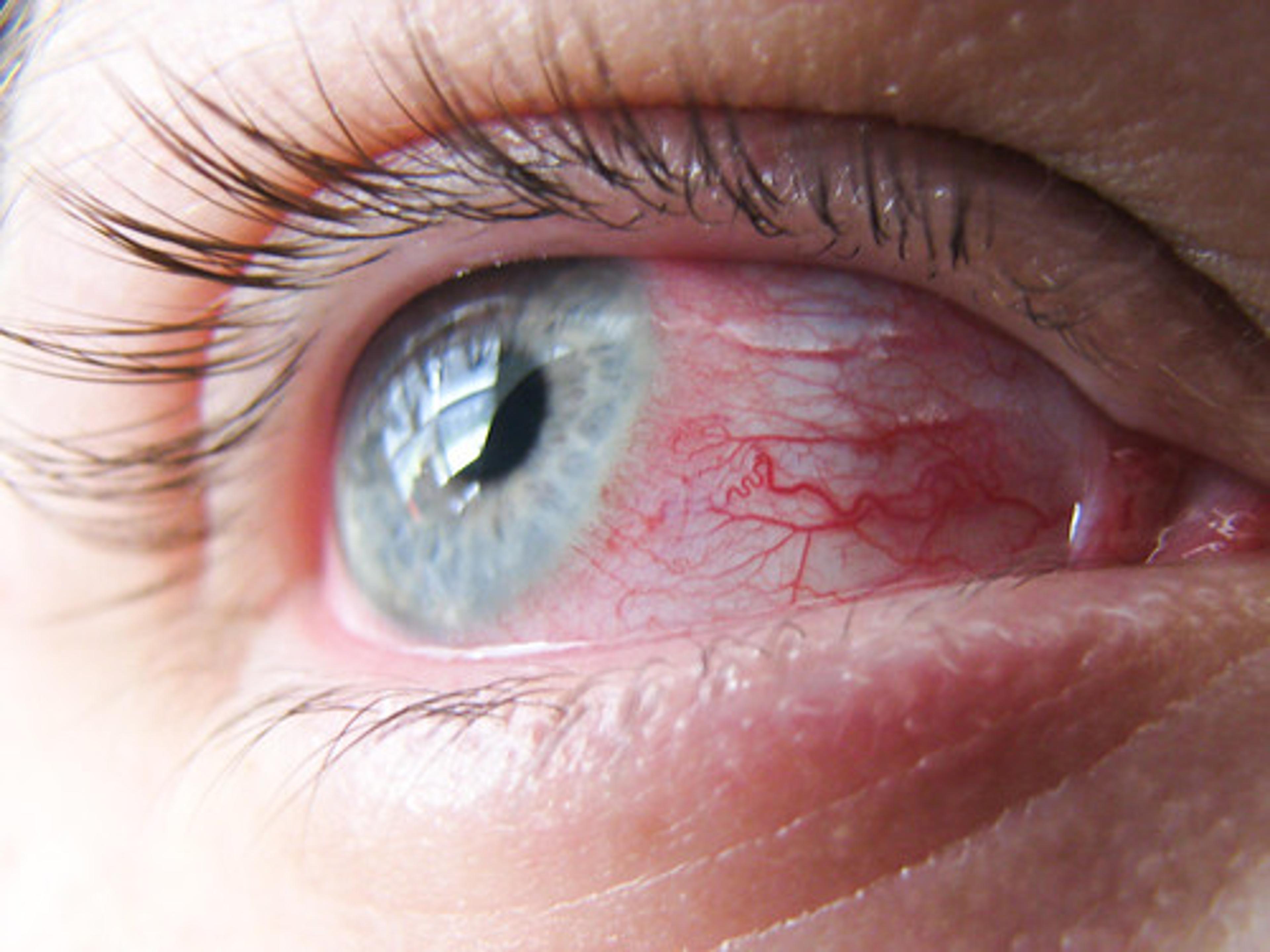The Perils of Pink Eye: 7 Things You Need to Know

Julie Bitely
| 2 min read

Conjunctivitis, more commonly known as pink eye, is a visual issue both literally and figuratively. Not only does it look peculiar, but it can also seriously affect your eye health. Pink eye most commonly occurs among kids (from preschool age all the way through college), teachers and daycare workers, as it is highly contagious and tends to spread quickly. What many people don’t know is that there are different types of pink eye:
- Viral– red, itchy and watery eyes that are pink in color; typically shows signs during a viral infection like a cold, but still highly contagious via sneezing or coughing. Viral pink eye can affect one or both eyes.
- Bacterial– caused by a bacterial infection; usually marked by symptoms of crusty yellow/green discharge lining the eye. Spread through direct touch; can affect one or both eyes.
- Allergic– watery, burning and itchy eyes that mimic symptoms of viral conjunctivitis. Allergic conjunctivitis, however, is typically coupled with allergy symptoms like nasal congestion, eyelid swelling and sneezing among others. Allergic conjunctivitis affects both eyes.
Though allergic conjunctivitis is typically brought on by allergy symptoms, it is a good idea to consult with your doctor for any variety of pink eye. They may be able to provide a minor eye drop or remedy or, in the case of bacterial pink eye, an antibiotic solution may be necessary. Without getting the issue checked out, you risk serious eye damage such as corneal ulcers or even vision loss. If you have kids or are around kids a lot, you run an elevated risk for contracting pink eye. And even if not, preventative measures can’t hurt. Here are a few tips to not contract pink eye in the future:
- Clean hands and surfaces thoroughly and often. Use antibacterial wipes and solutions and don’t share tissues or washcloths.
- Practice wellness etiquette to reduce the spread of germs.
- Be careful about contact lenses. That means never share them, take them out when swimming or bathing, follow doctor’s instructions for cleaning or replacing them and wear glasses, when necessary, to protect your eyes when you don’t have contacts in.
- Reduce your allergy symptoms with your doctor’s advisement as soon as symptoms occur. Being proactive early on can help reduce allergic conjunctivitis later.
Have you had to deal with pink eye before? Have any other tips on how to cope? Tell us about your experience in the comments!
Photo credit: Jessica Whittle Photography





